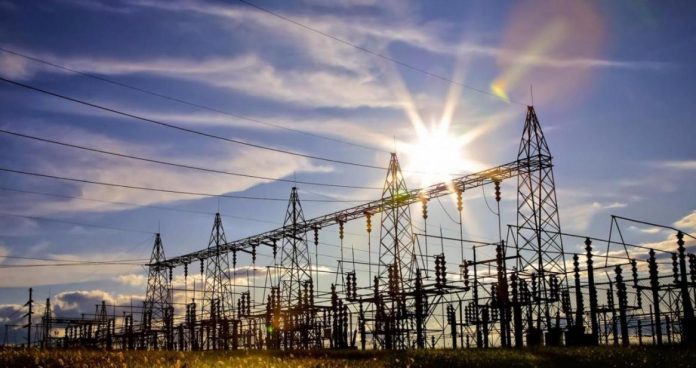Consumers are bracing for another hike of Rs2.07 per unit in electricity tariff on account of fuel charges adjustment for July 2023.
On behalf of power distribution companies, the Central Power Purchasing Agency-Guarantee (CPPA-G) has requested for a price increase of Rs2.0703 per kilowatt-hour (kWh) over the reference fuel cost of Rs6.8935 per kWh. Average price of electricity came in at Rs8.9638 per unit for the month.
During July, power companies also generated the most expensive electricity. According to data provided to the National Electric Power Regulatory Authority (Nepra), the electricity produced by furnace oil-based plants cost Rs28.7 per unit.
However, the share of furnace oil-fired electricity in the energy basket was just 1.98%.
The electricity generated with the help of imported liquefied natural gas (LNG) was sold for Rs24.4 per unit and its share in the total power generation was 19.6%.
The cost of electricity import from Iran doubled to Rs23.6 per unit compared to Rs10 per unit in the past. Its share in energy supply was 0.19%.
Even the cost of electricity generation through indigenous gas rose over 100%. Earlier, its cost was around Rs5 per unit but it has now surged to Rs13.6 per unit. Its share in energy supply came in at 7.6%.
The cost of coal-based electricity was calculated at Rs11.5 per unit while its share in energy supply was 14.69%.
The share of hydroelectric power was the highest at 37.18%. The cheapest electricity was produced through nuclear power plants at a cost of Rs1.16 per unit. Its share in energy supply was 14.2%.
All power plants produced 14,839 gigawatt-hours (GWh) costing Rs8.33 per unit. However, CPPA-G supplied 14,833 GWh to power distribution companies at a price of Rs8.96 per unit. Transmission losses were estimated at 2.84%.
Nepra will hold a public hearing on August 30 to take formal decision on the CPPA-G’s request for increasing the electricity price on account of fuel charges adjustment.
“Pursuant to Section 31(7) of the Nepra Act and the mechanism for monthly fuel price adjustment prescribed by the authority in tariff determinations of ex-Wapda distribution companies, the authority may on a monthly basis make adjustments in the approved tariff on account of any variations in fuel charges and policy guidelines as the federal government may issue and notify the tariff so adjusted in the official Gazette,” Nepra said.
At the public hearing, stakeholders from different walks of life will challenge the tariff hike.
Electricity rates have already gone up and even base tariff has touched Rs30 per unit, which stood at Rs16 per unit a few years ago.
Meanwhile, the Power Division in a statement said that electricity generation had broken all previous records.
On August 21, 2023, the highest-ever power generation of 25,516 megawatts was recorded, which surpassed the previous peak of 24,600MW reached on August 18.
Moreover, the highest-ever energy supply was also recorded on August 21 at 558.35 GWh, breaking the previous record of 555.33 GWh hit on July 8. “This tremendous progress has been achieved in a single day,” the Power Division said.
The overall load-shedding duration and power shortfall have been better this year when compared with the previous year.
The areas of maximum recovery did not face more than two hours of load-shedding, it said, adding “with 5,000MW already added to the system this year, the generation capacity is now breaking its previous records.”





government should focus on solarization and wind energy projects and involve private sectors.